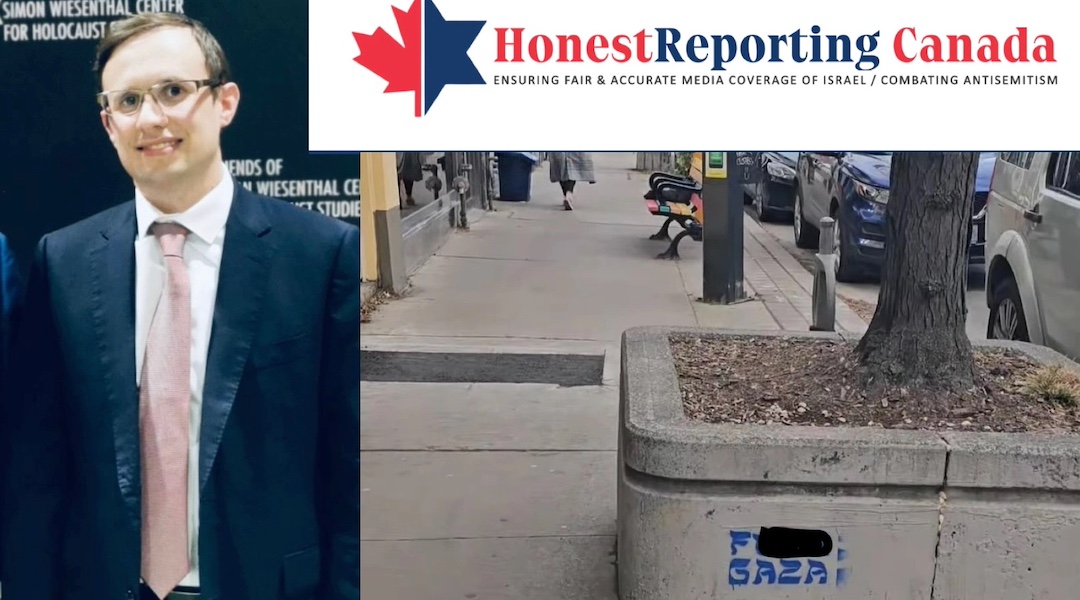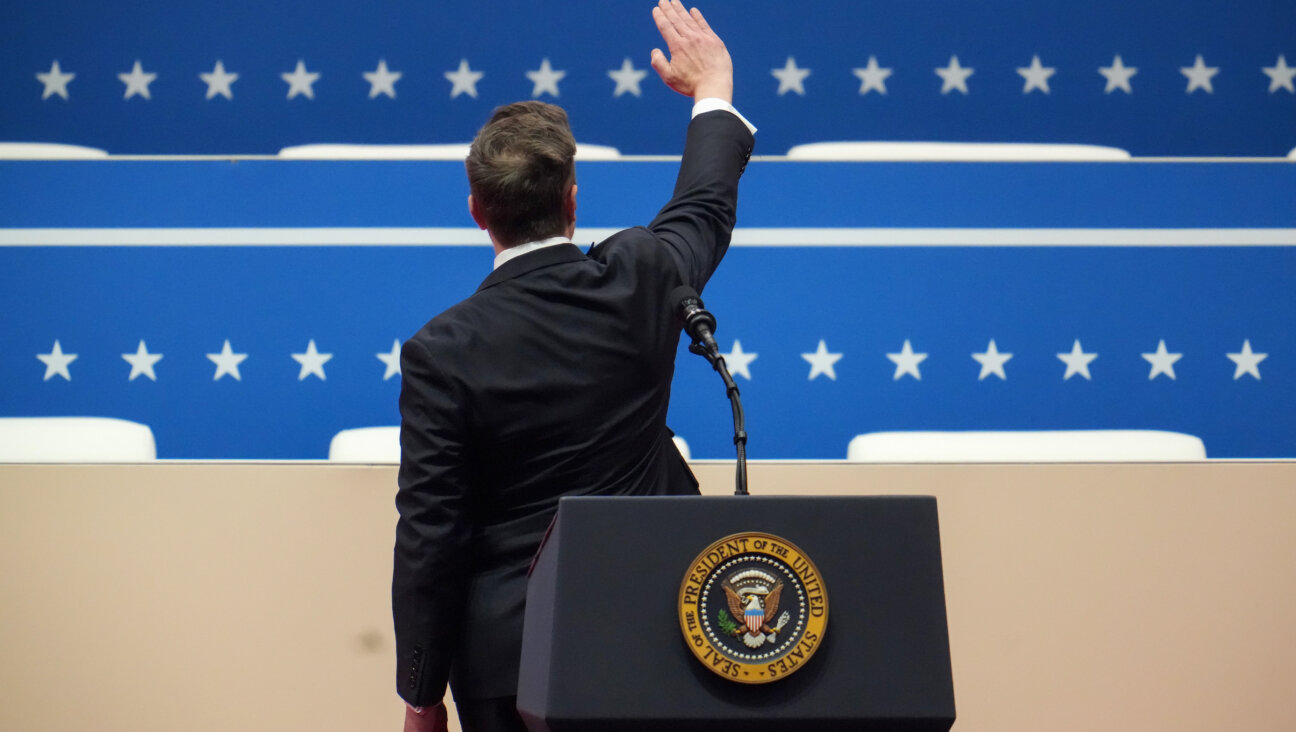Israeli professor’s lecture interrupted by antisemitic Zoom-bombing

University of Houston — Downtown Commerce Building Image by wikimedia
A virtual lecture by an Israeli scientist was interrupted last week by an antisemitic Zoom-bombing, or a flood of unwanted comments and sounds made by users trying to distract from the event.
Sason Shaik, a chemistry professor at the Hebrew University of Jerusalem, was giving a virtual talk for students at the University of Houston and the University of California, Davis when trolls joined the Zoom call and began playing “Heil Hitler” sounds, according to the Algemeiner.
“Suddenly, lots of people jumped into the Zoom, playing background sounds of fighting and very offensive language,” event organizer Judy Wu told the Algemeiner. “There were robotic sounds saying ‘Heil Hitler,’ which was very unpleasant.”
Shaik told the newspaper that he didn’t learn about the Zoom-bombing until after the fact, as his sound was off during the event, but he condemned the attack.
“Scientific talks are highly cherished by scientists, and are held with esteem as a major intellectual medium of exchanging knowledge and insight,” he told the Algemeiner. “Any hacking of any scientific talk is deplorable.”
A University of California, Davis spokesperson told the newspaper he wasn’t aware of the event, but that what was reported was “vile, sickening and cowardly.”
As the COVID-19 pandemic gave rise to more virtual events, the number of instances of Zoom-bombing increased. In 2020, the Anti-Defamation League recorded 196 antisemitic Zoom-bombings, 114 of which directly targeted Jewish institutions. The ADL’s report said some of these Zoom-bombings included racist and pornographic images.
The prevalence of these attacks caused Zoom to introduce new security features in April 2020, such as a waiting room so that participants must be allowed in individually by the host, and the ability for the host to remove participants.
A message from our Publisher & CEO Rachel Fishman Feddersen

I hope you appreciated this article. Before you go, I’d like to ask you to please support the Forward’s award-winning, nonprofit journalism so that we can be prepared for whatever news 2025 brings.
At a time when other newsrooms are closing or cutting back, the Forward has removed its paywall and invested additional resources to report on the ground from Israel and around the U.S. on the impact of the war, rising antisemitism and polarized discourse.
Readers like you make it all possible. Support our work by becoming a Forward Member and connect with our journalism and your community.
— Rachel Fishman Feddersen, Publisher and CEO





















